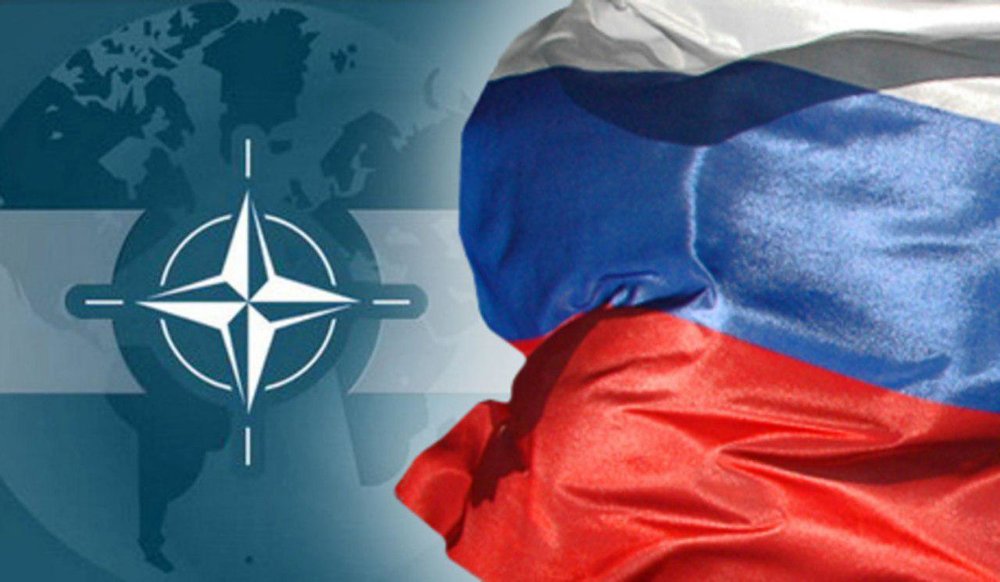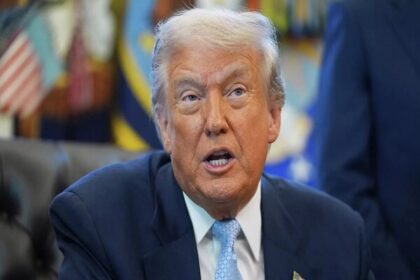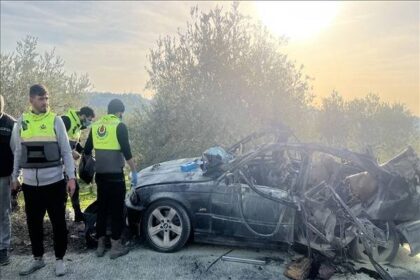Politico: NATO is reviewing its strategy with Russia
NATO defense ministers will meet in Brussels this month to discuss the future of the alliance’s relationship with Russia, which is likely to change foreign policy for decades, Politico reported, citing a senior U.S. official.
According to RCO News Agency, NATO-Russia relations have reached their lowest level after the Ukraine war in 2022. In response, NATO has identified Russia as the “most important and direct threat to the security of allies,” and the Kremlin says NATO’s eastward expansion is an existential threat.
However, despite the change in tone, NATO has kept the “Foundation Act” alive with Russia. It is a document signed in 1997, six years after the collapse of the Soviet Union, and sets a common goal to “build a stable, peaceful and indivisible Europe”.
The NATO-Russia Council, a post-Cold War body to share security issues and joint projects, has not met since 2022. Relations have been steadily deteriorating for years.
A senior US administration official says: NATO countries are now trying to map out the various elements of Russia’s strategy and advance discussions within the alliance, which will take us to issues such as the future of the NATO-Russia Founding Act.
The official said: “Now is the time to design a new strategy in terms of the specific positions of the allies.”
While formal lower-level talks have been ongoing for months, a meeting of NATO defense ministers in the coming days will be the first of several rounds of ministerial-level discussions on the issue. During NATO’s July meeting in Washington, the allies agreed to outline a new NATO-Russia strategy at the alliance’s next summit in June 2025 in The Hague. The US official added: “Right now we have to have an understanding across the alliance that the NATO-Russia Foundation Act and Council are made for a different era, and I think allies are ready to say it’s a different era in our relationship with Russia, and so Something new is needed.”
The official said there is no draft yet for the new strategy, as the focus is on gathering views across NATO’s 32 countries. They also said the military fallout from the political exercise was expected to be limited.
There are differences over how far NATO should go in creating a new set of rules on Russia. A NATO diplomat said there was concern among some members that a highly aggressive new strategy could send a signal that could destabilize Russia. Then there is the matter of Hungary and Slovakia, two NATO countries that are breaking ranks with other members of the alliance by maintaining ties with the Kremlin and seeing strategic value in engagement with Russia.
end of message
News>RCO NEWS
RCO


















